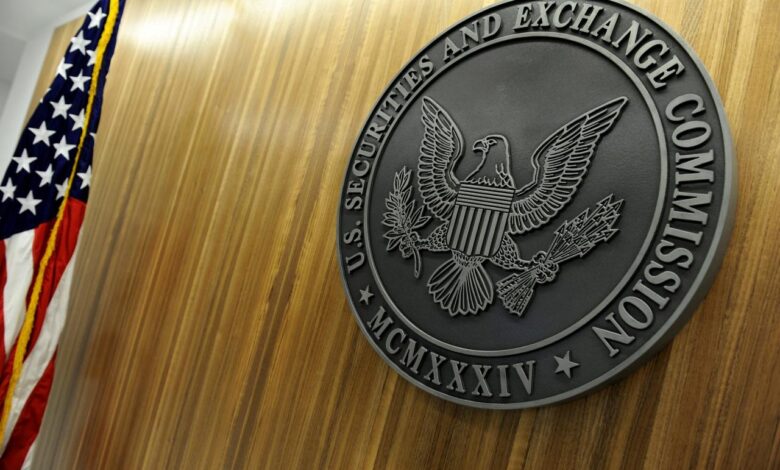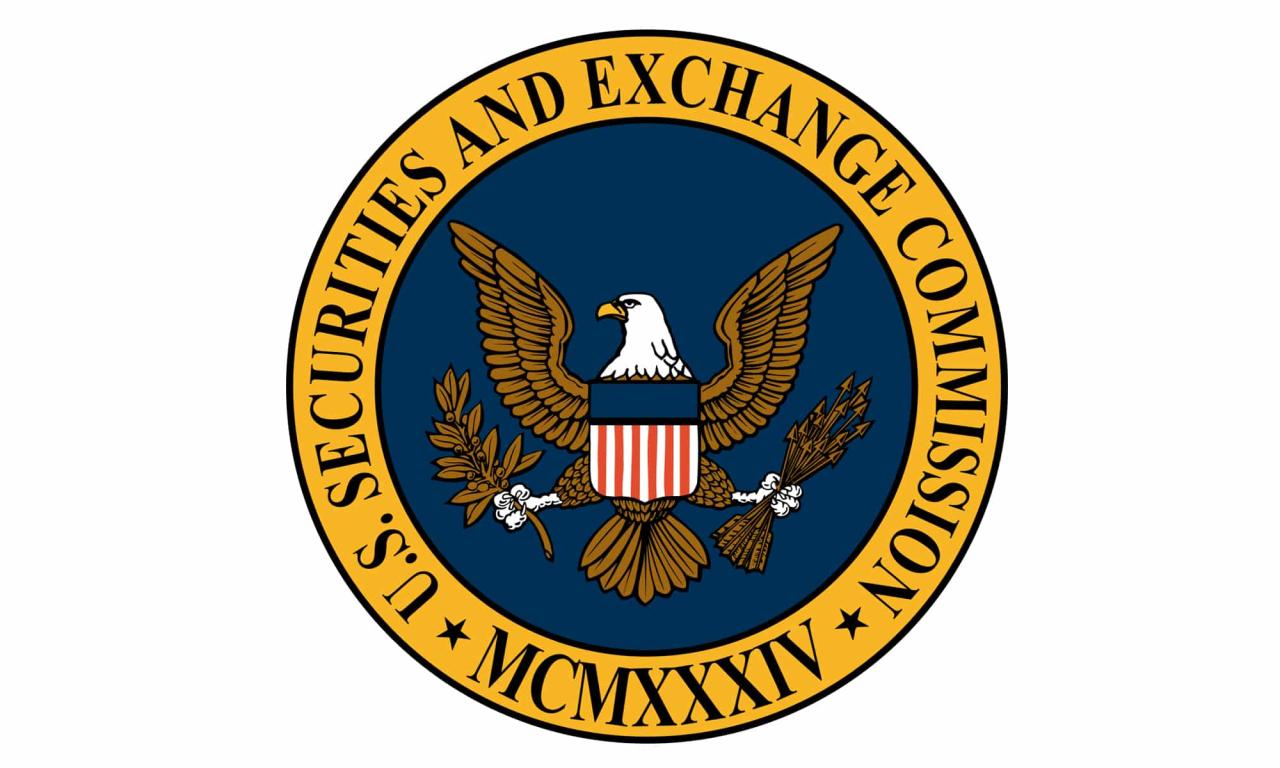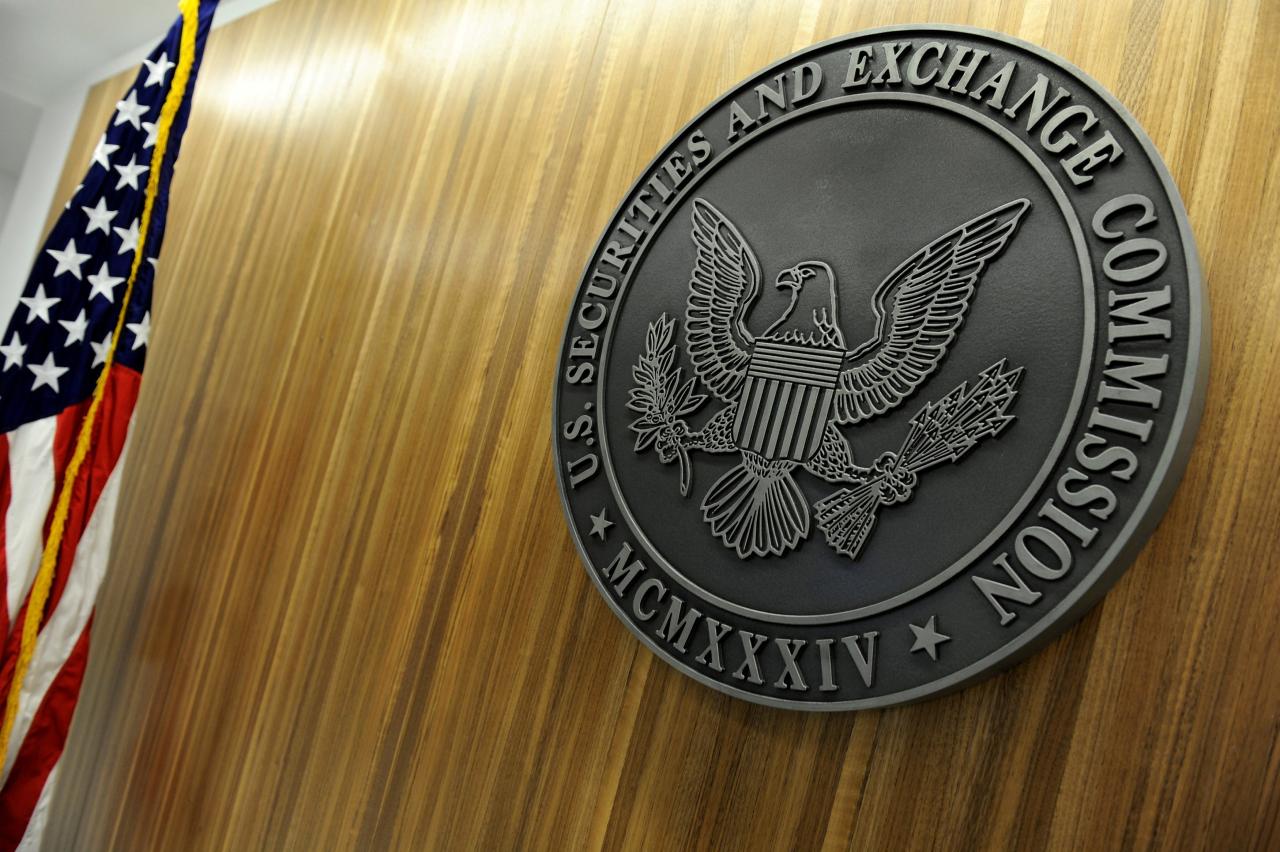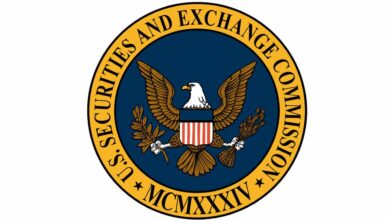
SEC Forced to Halt Climate Reporting Mandate for Businesses
SEC Forced to Halt Climate Reporting Mandate for Businesses: The recent decision by the Securities and Exchange Commission (SEC) to halt its proposed climate reporting mandate for businesses has sparked a wave of debate and speculation. This move, which aimed to require companies to disclose their climate-related risks and emissions, has faced significant pushback from various stakeholders, including businesses, investors, and environmental groups.
The SEC’s mandate was designed to provide investors with crucial information about a company’s environmental impact and potential financial risks associated with climate change. It aimed to standardize reporting practices and enhance transparency in the corporate world. However, the mandate encountered legal challenges and criticisms regarding its scope, implementation, and potential burden on businesses.
Background of the SEC Climate Reporting Mandate
The Securities and Exchange Commission (SEC) proposed a climate reporting mandate in March 2022, aiming to enhance transparency and accountability for publicly traded companies regarding their climate-related risks and impacts. This mandate was driven by growing concerns about the financial risks associated with climate change and the need for investors to make informed decisions.The proposed mandate aimed to standardize climate-related disclosures, providing investors with consistent and comparable information about companies’ climate-related risks and opportunities.
Key Elements of the Mandate
The proposed mandate included several key elements, aiming to provide investors with a comprehensive understanding of a company’s climate-related risks and impacts. These elements included:
- Greenhouse Gas Emissions:Companies would be required to disclose their Scope 1, 2, and 3 greenhouse gas emissions. Scope 1 emissions refer to direct emissions from company-owned or controlled sources, Scope 2 emissions refer to indirect emissions from purchased electricity, and Scope 3 emissions encompass all other indirect emissions in the company’s value chain.
The SEC’s recent decision to halt its climate reporting mandate for businesses, citing legal challenges, is a significant setback for environmental transparency. This comes as the SEC is also urging the Supreme Court to reject Elon Musk’s First Amendment appeal regarding his tweets about Tesla’s production numbers, which suggests a broader push by the SEC to regulate public statements by companies and their executives.
It remains to be seen how this will impact the SEC’s ability to enforce climate-related disclosures in the future.
- Climate-Related Risks and Opportunities:Companies would need to disclose their assessment of climate-related risks and opportunities, including physical risks like extreme weather events and transition risks related to the shift towards a low-carbon economy.
- Climate-Related Governance:Companies would be required to disclose their governance structure and processes for managing climate-related risks and opportunities, including the role of their board of directors and management in overseeing climate-related matters.
- Climate-Related Targets and Plans:Companies would need to disclose their climate-related targets, such as emissions reduction goals, and the plans they have in place to achieve these targets.
Timeline of the Mandate’s Development
The development of the SEC climate reporting mandate involved several key milestones:
- March 2022:The SEC proposed the climate reporting mandate, initiating a public comment period.
- May 2022:The SEC received over 14,000 public comments on the proposed mandate, with diverse perspectives from stakeholders, including investors, companies, and environmental groups.
- October 2022:The SEC held a public roundtable discussion on the proposed mandate, allowing stakeholders to share their views and insights.
- November 2022:The SEC announced its intention to revise the proposed mandate, taking into account the public feedback received.
- August 2023:The SEC announced its decision to delay the climate reporting mandate, facing significant opposition from Republican commissioners and industry groups.
Impact of the Halt on Businesses: Sec Forced To Halt Climate Reporting Mandate For Businesses

The SEC’s decision to halt its climate reporting mandate for businesses has generated considerable uncertainty and raised questions about the future of climate-related disclosures. The halt impacts companies in various sectors, potentially affecting their reporting requirements and financial implications.
Potential Consequences for Businesses
The halt of the SEC climate reporting mandate could have several implications for businesses, ranging from reporting requirements to financial implications. While the SEC’s proposed rules aimed to standardize climate-related disclosures, their withdrawal creates a patchwork of reporting practices, potentially leading to confusion and inconsistencies.
The SEC’s decision to halt its climate reporting mandate for businesses has sparked a debate about the role of government in promoting sustainability. While the mandate faced criticism for its complexity, it also highlighted the growing importance of environmental disclosure.
For businesses seeking to stand out in this evolving landscape, a well-crafted sales folder can be a powerful tool. Check out these 3 steps to creating a winning custom sales folder for showcasing your company’s commitment to sustainability and attracting environmentally conscious investors.
This could increase the risk of regulatory scrutiny and legal challenges, particularly for companies operating in sectors heavily impacted by climate change. Additionally, the lack of standardized reporting could hinder investors’ ability to assess and compare companies’ climate-related risks and opportunities, potentially impacting their investment decisions.
The SEC’s forced halt on the climate reporting mandate for businesses feels like a step back, a reminder that even amidst the urgency of the climate crisis, some forces are still pushing back. It’s a feeling I can relate to, reading while making my mothers velvety sai bhaji i grieved my former life and realizing that progress, like change, can be a slow and often frustrating process.
Perhaps, like my journey through grief, the path towards a sustainable future will also require a collective commitment to transparency and accountability, even when the road ahead seems uncertain.
Key Implications for Different Sectors
The halt of the SEC climate reporting mandate is expected to have varying impacts across different sectors. Here’s a summary of the key implications:
| Sector | Implications |
|---|---|
| Energy | Increased scrutiny of climate-related risks and emissions reporting, potentially leading to higher compliance costs. |
| Manufacturing | Greater emphasis on supply chain sustainability and emissions reduction strategies, potentially affecting procurement and operational practices. |
| Finance | Increased difficulty in assessing climate-related risks and opportunities for investment decisions, potentially leading to reduced investments in sustainable projects. |
Examples of Affected Companies
The halt of the SEC climate reporting mandate could significantly impact companies in various sectors. For instance, energy companies like ExxonMobil and Chevron, already facing increased pressure from investors to disclose climate-related risks, may face challenges in navigating a less standardized reporting environment.
Similarly, manufacturers like General Motors and Ford, which have made significant commitments to electrifying their fleets, might encounter increased scrutiny regarding their climate-related strategies. In the financial sector, institutions like BlackRock and Vanguard, which have committed to incorporating ESG factors into their investment decisions, may face difficulties in assessing climate-related risks and opportunities without standardized reporting.
Future of Climate Reporting
The SEC’s decision to halt its climate reporting mandate has left many wondering about the future of climate-related disclosures. While the immediate impact is a pause on the specific requirements proposed by the SEC, the underlying need for transparent and standardized climate reporting remains.
Potential Future of Climate Reporting Regulations, Sec forced to halt climate reporting mandate for businesses
The SEC’s proposed mandate sparked significant interest and debate, highlighting the growing importance of climate-related information for investors. While the current trajectory of the SEC’s mandate is uncertain, several potential pathways for future climate reporting regulations exist:
- Revised SEC Mandate:The SEC may revise its proposed mandate, incorporating feedback from stakeholders and addressing concerns raised during the public comment period. This revised version could include modifications to the scope, timelines, and specific reporting requirements.
- Alternative Regulatory Approaches:Other regulatory bodies, such as the Sustainability Accounting Standards Board (SASB) or the Task Force on Climate-Related Financial Disclosures (TCFD), may take a more prominent role in setting climate reporting standards. This could involve aligning with existing frameworks or developing new standards that are more broadly adopted by businesses.
- Industry-Led Initiatives:Businesses and industry associations may take the lead in developing voluntary climate reporting frameworks. These initiatives could provide guidance and best practices for companies to disclose climate-related information, fostering transparency and comparability across sectors.
- International Cooperation:The SEC’s actions could prompt greater international cooperation on climate reporting standards. Global regulatory bodies may work together to develop harmonized standards that facilitate cross-border investment and reduce compliance burdens for multinational companies.
Challenges and Opportunities for Businesses
The evolving landscape of climate reporting presents both challenges and opportunities for businesses:
- Data Collection and Measurement:Companies will need to develop robust systems for collecting and measuring climate-related data, including greenhouse gas emissions, climate-related risks, and adaptation strategies. This requires investments in data management, reporting tools, and internal expertise.
- Transparency and Disclosure:Businesses must ensure their climate-related disclosures are accurate, transparent, and consistent with recognized standards. This involves establishing clear processes for data verification and assurance, as well as communicating information effectively to stakeholders.
- Strategic Planning and Risk Management:Climate reporting requires companies to integrate climate considerations into their strategic planning and risk management frameworks. This involves identifying and assessing climate-related risks and opportunities, developing mitigation and adaptation strategies, and integrating these considerations into decision-making processes.
- Investor Engagement and Communication:Companies need to engage effectively with investors and other stakeholders on climate-related issues. This involves providing clear and concise disclosures, responding to inquiries, and actively participating in dialogues on climate-related topics.
Timeline of Potential Milestones
The development of climate reporting regulations is likely to unfold over several years, with potential milestones including:
- Resumption of SEC Rulemaking:The SEC may resume its rulemaking process for climate reporting, potentially incorporating revisions based on stakeholder feedback.
- Adoption of International Standards:Global regulatory bodies may collaborate to develop and adopt harmonized climate reporting standards, creating a more standardized framework for companies.
- Industry-Led Initiatives:Businesses and industry associations may continue to develop and refine voluntary climate reporting frameworks, providing guidance and best practices.
- Investor Expectations and Pressure:Investors are increasingly demanding climate-related information, putting pressure on companies to disclose relevant data and demonstrate their commitment to sustainability.
Final Conclusion

The SEC’s decision to halt the climate reporting mandate raises questions about the future of climate-related disclosures in the corporate world. While the mandate may be temporarily stalled, the issue of climate risk reporting is likely to remain a prominent topic in the coming years.
Businesses and investors will need to adapt to evolving regulations and reporting requirements, while environmental groups will continue to advocate for increased transparency and accountability.






